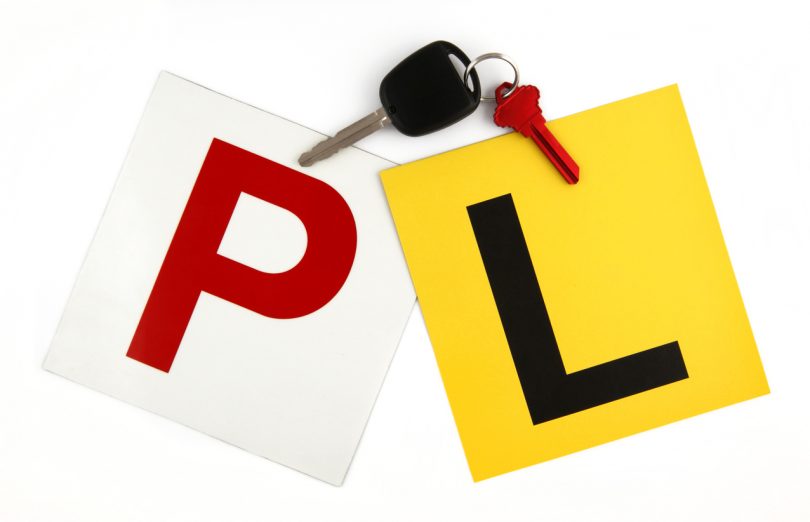
ACT Labor backbencher Chris Steel has called on ACT Road Safety Minister Shane Rattenbury to rule out curfews for P-plate drivers in the new licensing reforms, saying the proposed midnight-to-5 am curfew would discriminate against young Canberrans.
In a radical overhaul, the ACT Government plans to introduce laws that will only allow P-platers to drive with one passenger aged between 16 and 24 and will not be able to drive between midnight and 5 am during their first 12 months on the road.
Mr Rattenbury said the changes are aimed at saving lives, with 15 young drivers (aged 17-24) killed while driving on ACT roads between 2006 and 2017 – and five of those deaths occurring between midnight and 5 am.
But Mr Steel believes the Government’s proposed curfew on P-plate drivers would make young people “second class citizens.”
“I have heard from many young Canberrans that think that proposed P-plate restrictions unfairly restrict their right to move around our city,” Mr Steel said.
“Young people are standing up against the P-plate licencing changes which discriminate against them and their freedom of movement around our city.”
The Labor MLA said the ACT Government’s Your Plates: What we heard report revealed significant community concern about the proposed introduction of curfews for P-plate license holders.
A Government phone survey of 600 people across the ACT revealed that 50 per cent of people strongly disagreed with the proposed curfew, with only 40 per cent agreeing or strongly agreeing.
“It is a well-known fact that young people go out at night, and we should not restrict them from driving at times when other forms of safe transport are limited,” Mr Steel said.
“We know that it is only a small minority of people that do the wrong thing, but all young drivers would be treated as second-class citizens by a P-plate curfew.”
The government also proposed exemptions to the curfew for people needing to travel to work or school in the early hours, but Mr Steel said that exemptions proposed to the curfew would do little to reduce the discriminatory effect of the reforms, and there were also other drawbacks.
“A curfew exemption scheme would be costly, bureaucratic and confusing for motorists and Police,” said Mr Steel.













